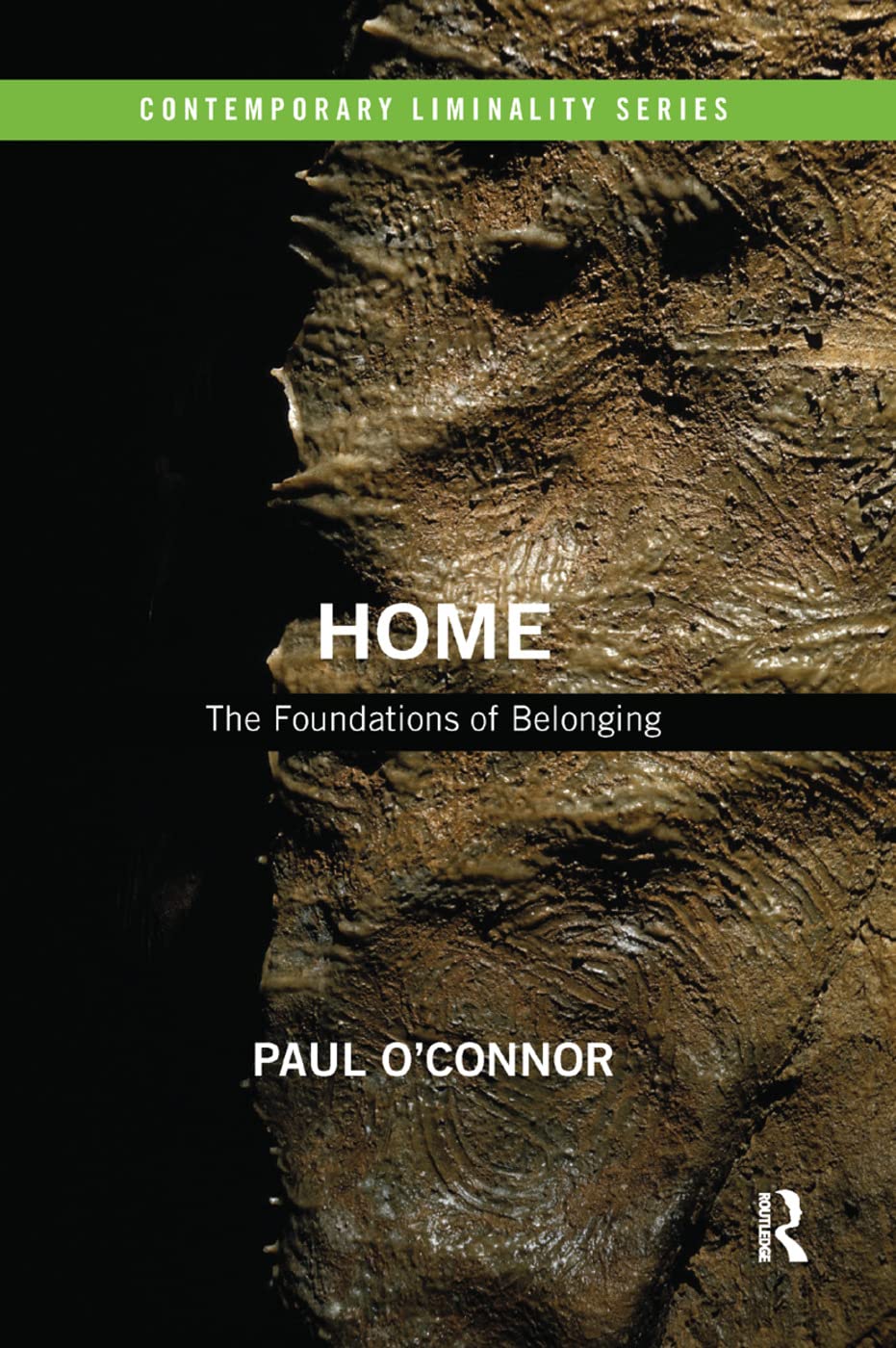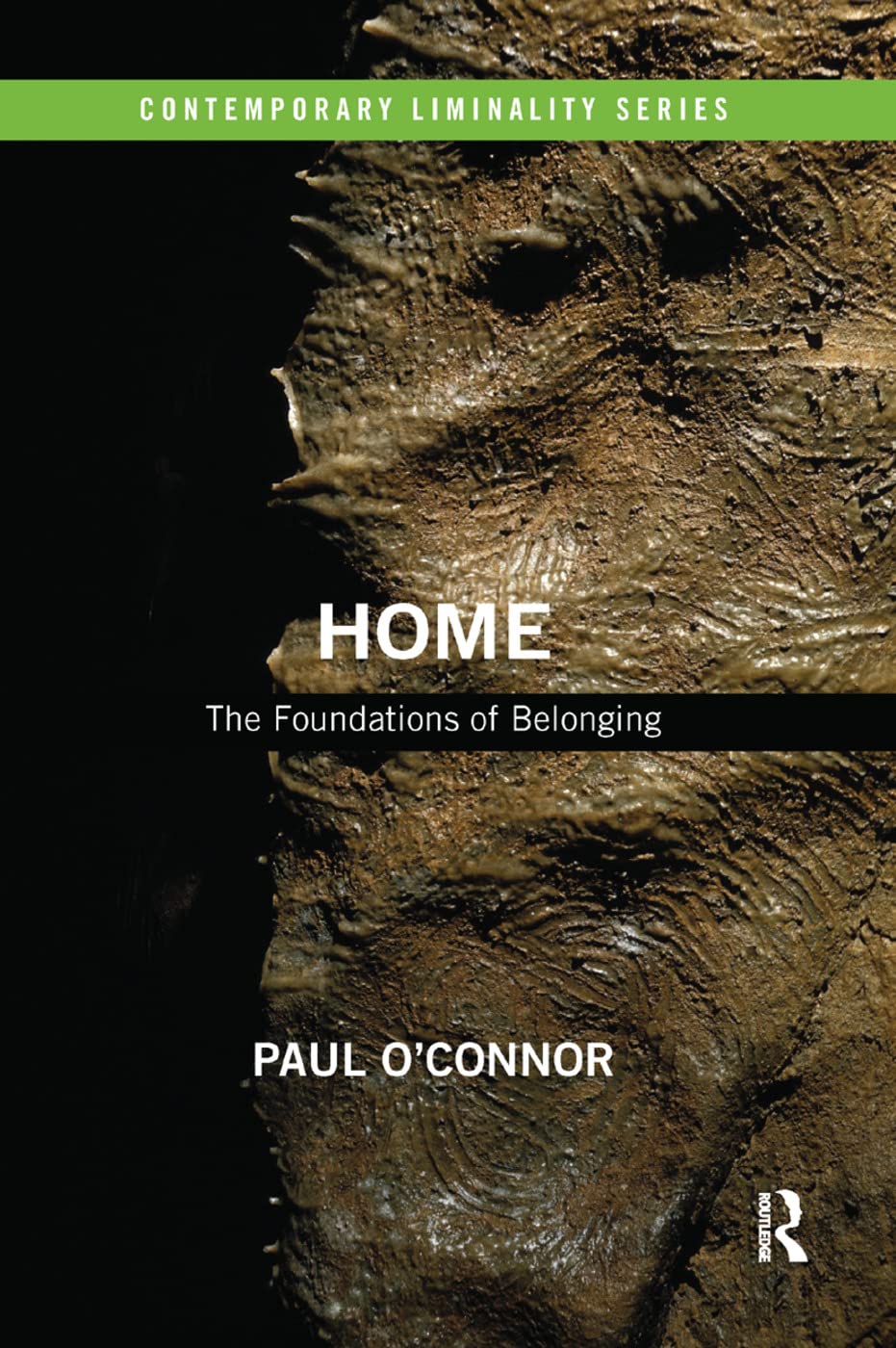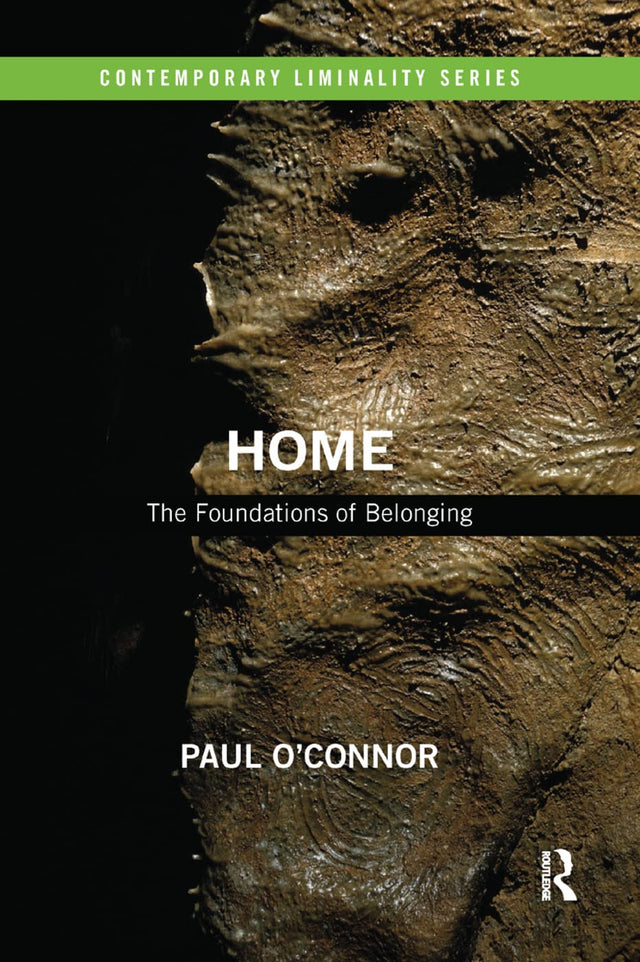Home: The Foundations of Belonging
Home: The Foundations of Belonging is backordered and will ship as soon as it is back in stock.
Couldn't load pickup availability
Genuine Products Guarantee
Genuine Products Guarantee
We guarantee 100% genuine products, and if proven otherwise, we will compensate you with 10 times the product's cost.
Delivery and Shipping
Delivery and Shipping
Products are generally ready for dispatch within 1 day and typically reach you in 3 to 5 days.
Book Details
-
Publisher: Routledge
-
Author: O'Connor, Paul
-
Language: English
-
Edition: 1
-
ISBN: 9780367332822
-
Pages: 197
-
Cover: Paperback
-
Dimensions: 9.6 x 6.6 x 1.1 inches
About the Book
Home: The Foundations of Belonging by Paul O'Connor explores one of the most pertinent questions of our time—what does it mean to belong, and how is the concept of 'home' shaped by modernity and global change? With rising populist rhetoric around national identity and belonging, this book provides an in-depth anthropological and historical perspective on the notion of home, offering crucial insights into its evolving significance in our lives.
O'Connor situates the crisis of the nation-state and the nuclear household within the broader context of globalisation, where both personal and political aspirations are increasingly challenged. The book delves into how concepts of home, often associated with stability and security, are evolving in response to changing socio-political and economic landscapes.
The author theorizes home not only as a physical space but as a complex, ongoing process that reflects our daily rituals, intimate relationships, and familiar environments. It is theorized as a stable centre that brings order to a chaotic world, allowing individuals to overcome the liminality of modern life and, ultimately, creating a foundation for community and society.
Drawing on a range of disciplines, including anthropology and history, Home: The Foundations of Belonging elevates the concept of 'home' to a central sociological and anthropological theme at a time when the tensions of globalisation demand a revaluation of the local and the personal.
This book will appeal to readers interested in sociology, anthropology, political theory, and cultural studies, especially in light of contemporary debates about identity, immigration, and the future of communities.





